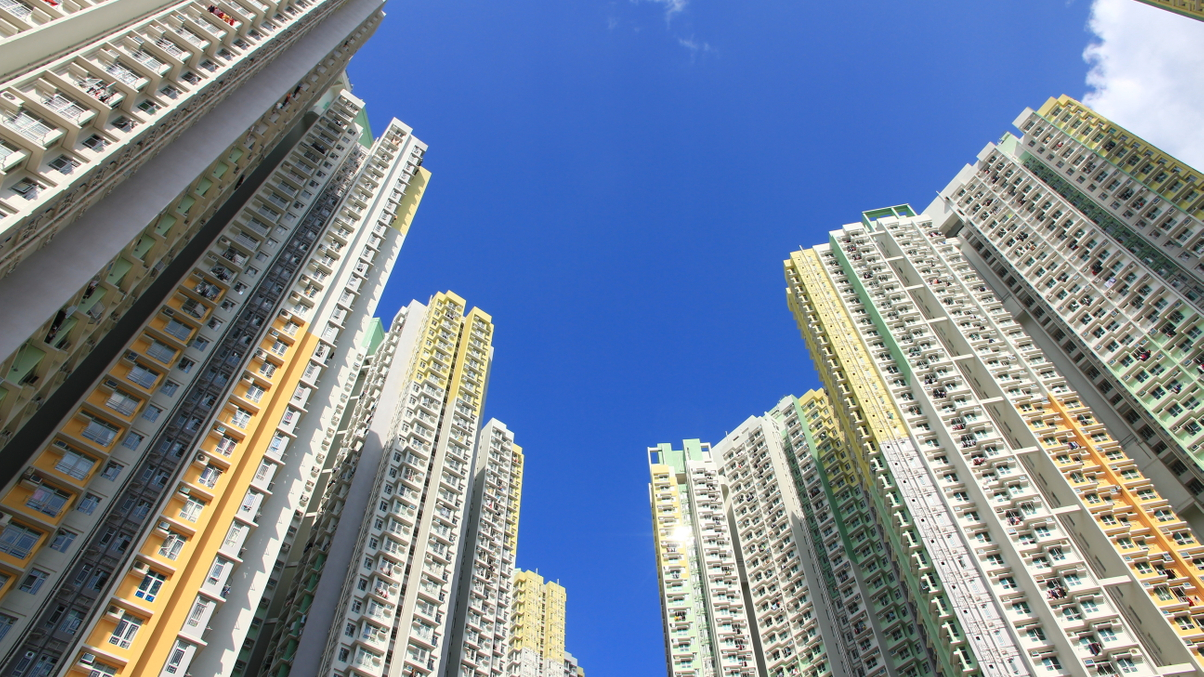HK Housing Society hungry for alts, eyes new areas
The organisation's head of treasury singles out hedge funds as an asset class gaining favour with investors and also offers some insight on how the HKHS selects external managers.

The Hong Kong Housing Society, which has a HK$32 billion ($4 billion) investment portfolio, wants to increase the share of alternatives in its investment portfolio.
Sign in to read on!
Registered users get 2 free articles in 30 days.
Subscribers have full unlimited access to AsianInvestor
Not signed up? New users get 2 free articles per month, plus a 7-day unlimited free trial.
¬ Haymarket Media Limited. All rights reserved.


